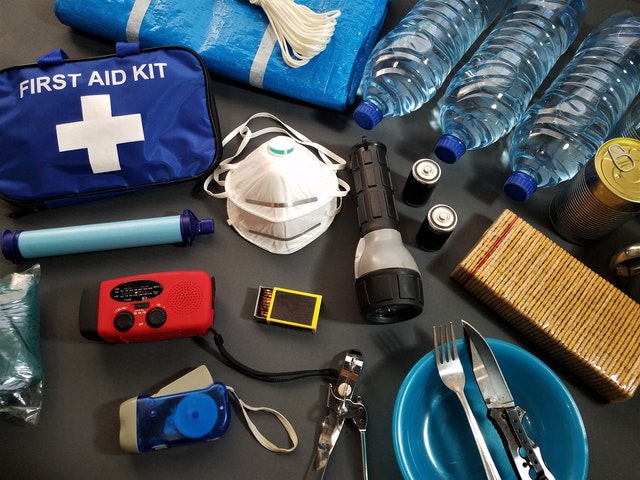
The Importance of Health Simulation and Emergency Training
Emergencies happen all the time and everywhere, so being prepared is something most people should attest to. The AHA originally developed the PALS courses in 1983 in response to resuscitation training and education requests to help healthcare providers care for patients, especially for children. Since then, PALS has provided nurses with the knowledge and skills necessary to appropriately treat critically ill patients in cardiac arrest or other mental health crises, particularly infants and children, both in and out of the hospital. To know more about professional sustainability, click here: https://www.has-sante.fr/jcms/c_2626164/fr/evaluation-des-infrastructures-de-simulation-en-sante.
Apply for PALS Course

To become PALS certified, a person must take a PALS course. This can be done in two different ways, either through AHA-approved online PALS providers or by taking PALS courses at medical schools or hospitals. If you are looking to complete your PALS certificate immediately, you can go online and complete your PALS course from your personal computer at your own pace. If you are more adept at classroom learning, it would be safer to attend medical schools or institutions that offer the PALS course. The PALS course is 14 hours long, and many providers offer it for two weeks. In the custom of this plan, an AHA PALS instructor is the person who facilitates the simulated discussion rounds and also video courses, and students are essential to share in 12 central clinical situations. They must also complete the pre-course materials given to them ahead of time on this first day of class not to rewrite. When they pass the PALS course and assessment, they will get the PALS provider’s course completion card legitimate for two decades.
Helpful for First Aid and Emergencies
Pediatric advanced life support is beneficial not only to medical professionals but also to individuals, especially for seriously ill or injured children. As a result, the rise of PALS has been shown to steadily increase the survival rate of people with cardiac arrest or other cardiopulmonary disasters that were cared for by PALS-accredited caregivers in prehospital settings. Overall, the increase in PALS is relatively beneficial to both healthcare professionals and patients in emergencies. Suppose you are a healthcare professional looking to enhance your medical practice further.
In that case, it is time to become PALS certified to present the best healthcare you can contribute to this industry. As a medical professional, it always pays to be specially prepared for emergencies, both in and out of the hospital. One of the essential procedures to arm yourself with all the knowledge and techniques for proper patient care is to take pediatric advanced life support or PALS courses, so you can further enrich your life-saving skills.
